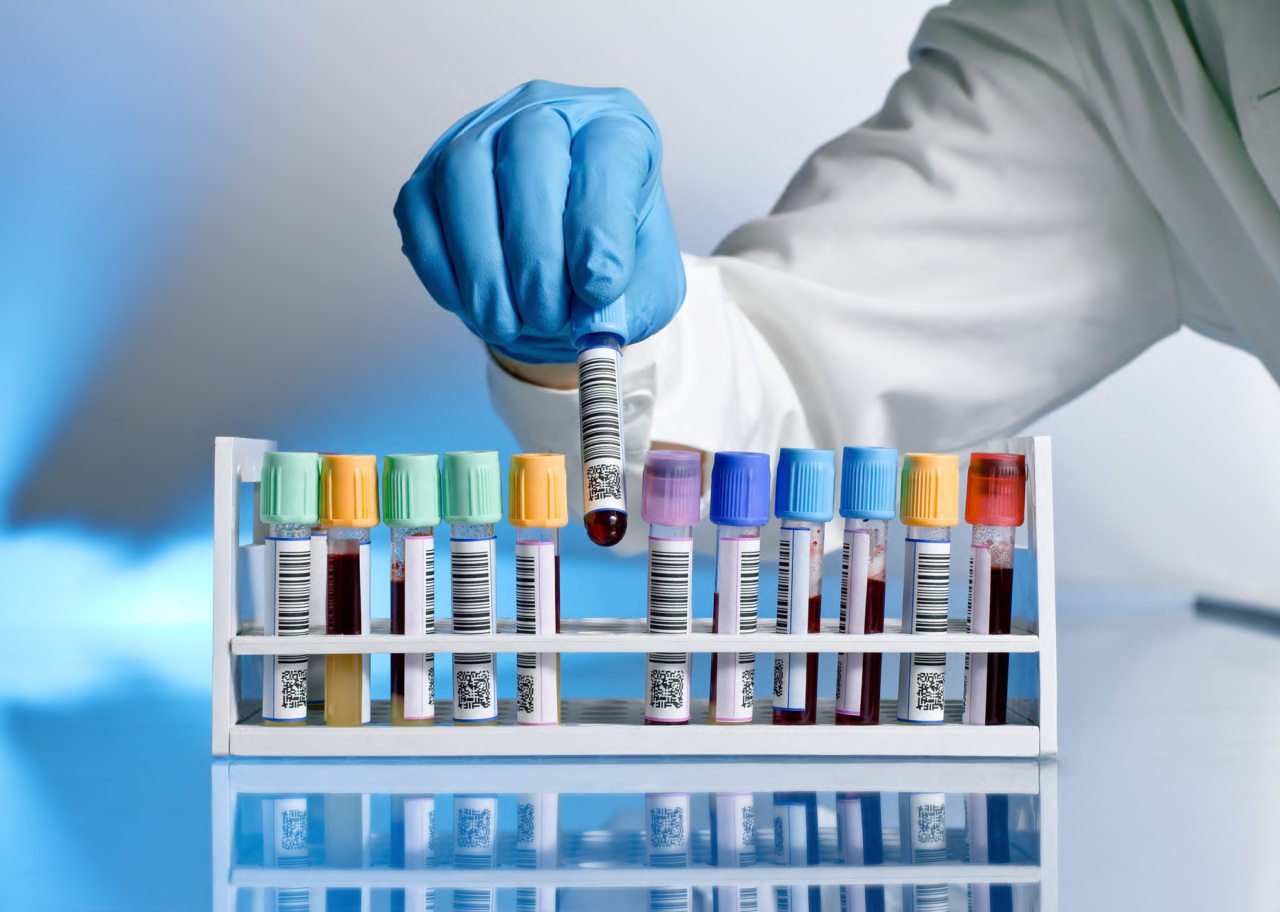As reported by The Herald Sun, older adults worried about their memory would have a blood test to diagnose if they are in the early stages of Alzheimer’s disease, under an ambitious $10m research project to find new ways of testing for and treating dementia.
Researchers from The Florey will trial the use of blood tests to pick up the earliest signs of dementia in specialist memory clinics across the country, a key first step towards eventually offering the test through a GP.

As the US Food and Drug Administration fast-tracks a first-of-its-kind drug to the clinic – a monthly IV infusion that aims to destroy the plaques that kill brain cells – the Victorian researchers are working out ways to better diagnose who could benefit from promising new treatments that don’t rely on invasive lumbar punctures or expensive brain scans.
“A biomarker (blood test) will be foundational to the use of new treatments that come along,” lead researcher, Associate Professor Scott Ayton said.
“We need to be prepared. We need to have a system up and running so that someone gets assessed – hopefully in the very early stages before they get any brain damage – and then start with early intervention for treatment.”
The work will take place at a new Centre of Research Excellence in Enhanced Dementia Diagnosis set up at the Parkville institute through a $3m National Health and Medical Research Council grant.
In addition to testing the real-world use of diagnostic blood tests already on the market, one of the centre’s key research activities is a $4m Medical Research Future Fund project to develop the first TGA-approved blood test for the early onset and progression of Alzheimer’s disease, led by Professor Ashley Bush.
The Florey is also testing a different approach to treatment, with a clinical trial under way to test if an existing iron chelator can mop up excess iron in the brain to slow disease progression.
Professor Ayton, who also received another $3m in NHMRC funding for the project, said developing better diagnostics that could be used “regardless of your postcode” was the cornerstone to a “new era” for dementia.
“Having an accurate diagnosis for Alzheimer’s disease is important,” he said.
“We’ve had a long period of time of frustration, but we are going into potentially the therapeutic era for Alzheimer’s disease. “Maybe one day in the future it becomes more of a chronic disease rather than something that causes such insidious decline, so we can stave it off, give people more time.”
Story reported by Brigid O’Connell, The Herald Sun.
For all media enquiries contact the Florey Media team: [email protected]